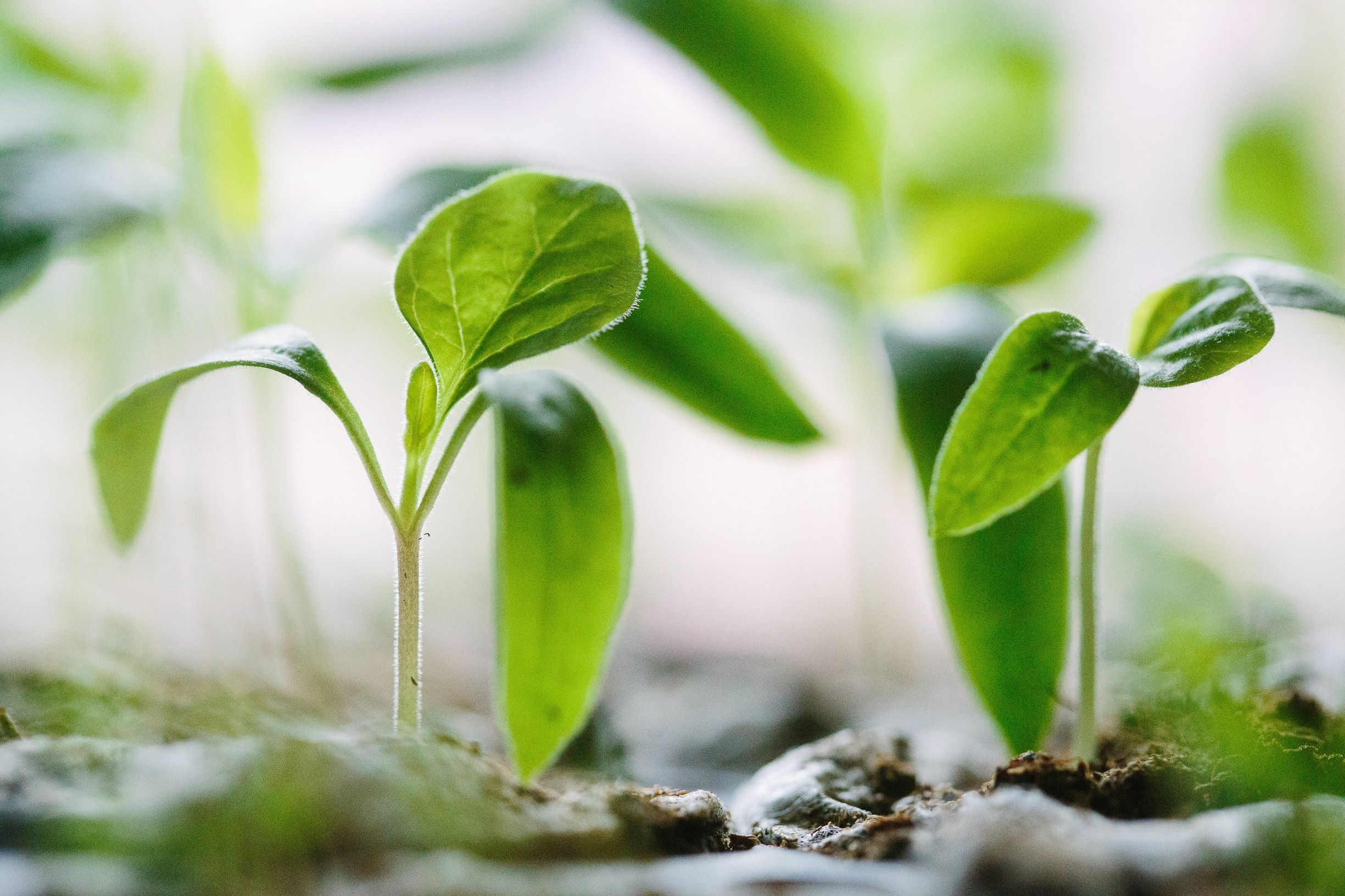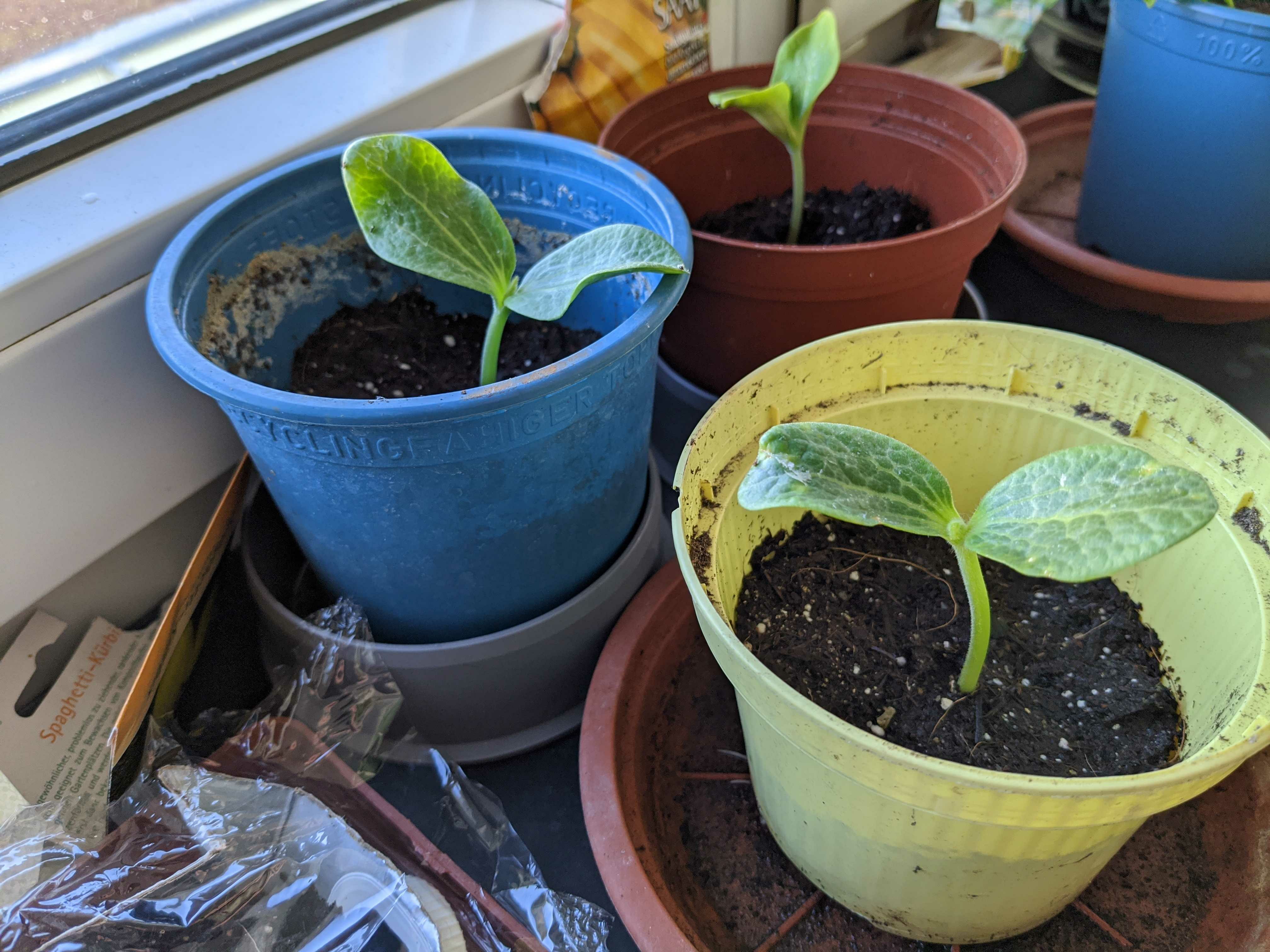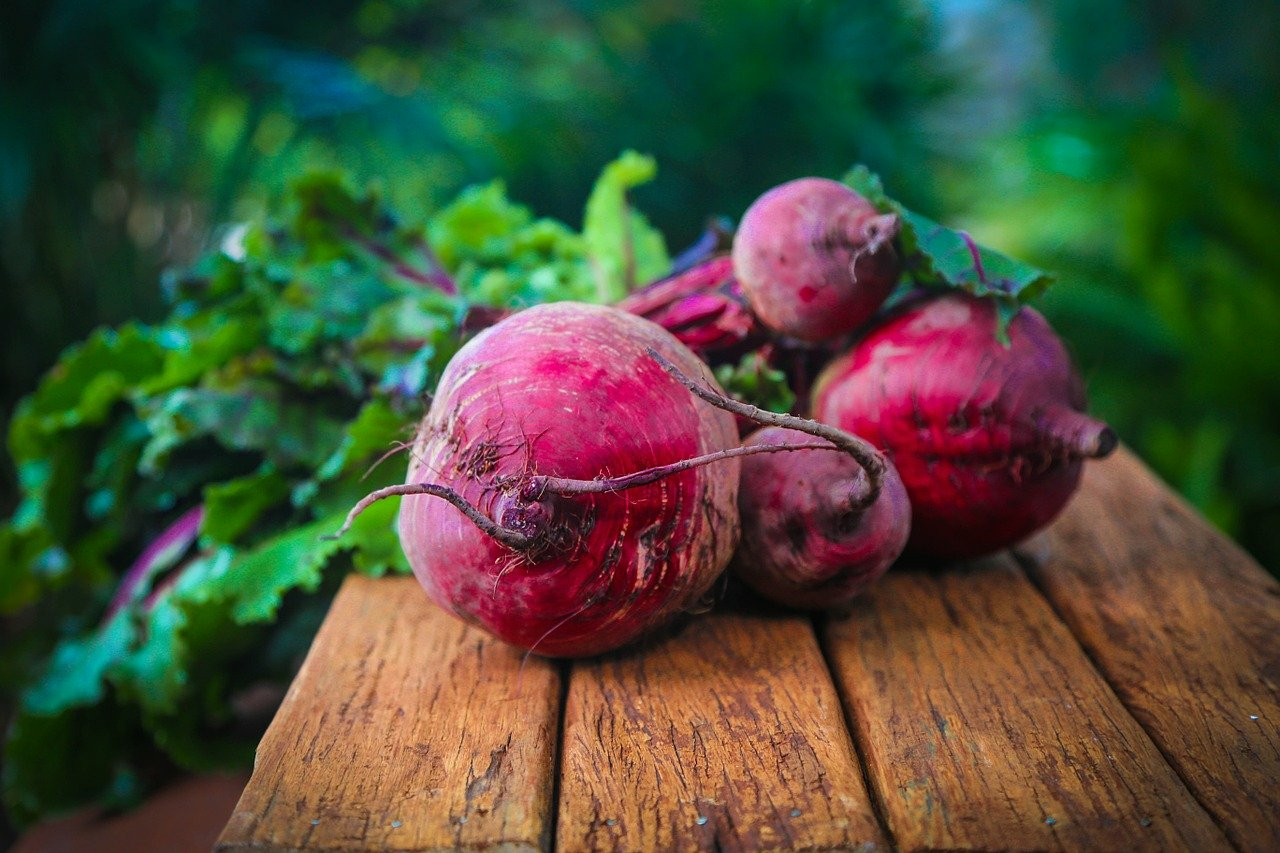Pre-cultivation or direct sowing?
The gardening season begins
In spring, we amateur gardeners have our hands full: Bed preparations, maintenance work and the first sowings are on the agenda. To make the most of the gardening year, it is crucial that the young plants are ready at the right time. But which plants should be sown in advance?
Advantages of pre-cultivation

- Earlier sowing possible
- Protection of young plants from snails & competition from wild herbs
- More economical use of seeds
- Growing conditions are easier to influence (growing soil, constant temperature)
Suitable plants for preplanting
Particularly slow-growing and heat-loving plants. They require a relatively high germination temperature and can make good use of the extended growth phase. These include:
- Solanaceae (tomato, eggplant, bell pepper, etc.)
- Cucurbits (zucchini, cucumber, melon, etc.)
- Cabbages (head cabbage, Brussels sprouts, kohlrabi, etc.)
What to consider when propagating

- For the seeds to germinate properly, the soil should be evenly moist
- The young plants absolutely need sufficient light so that they can grow stably and the shoots do not become long and thin
- A bright spot on the windowsill at a moderate room temperature is ideal. Never place the plants on a radiator, otherwise the hot air will dry out the soil too much.
Advantages of direct sowing
- The plants grow more stably & are less susceptible to pests
- The roots are not damaged by transplanting
- The connection between the young plant and the soil (organisms) remains intact
You should sow these plants directly

Especially plants with sensitive roots, e.g. root vegetables such as carrots, beet and radishes. Beans and peas also thrive better if they are not transplanted. In principle, however, you can sow any vegetables directly into beds.
What to consider when direct sowing
- Even moisture after sowing
- In cooler temperatures, a garden fleece can create favorable germination conditions
- For light sprouts (e.g. lettuce), you should press the seeds down properly so that they are not blown away.
